Passion Fruit: Exotic and Vitamin C-Rich
A tropical fruit with a tangy-sweet pulp full of seeds—rich in vitamin C, fiber and beneficial plant compounds.
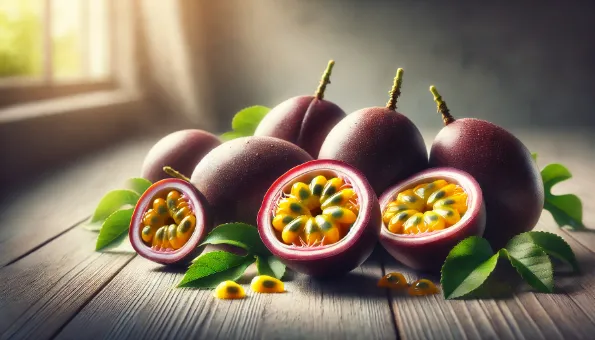
What Is Passion Fruit?
Nutrition Profile
Health Benefits
Possible Downsides
How to Use
Tip
- 1. Passion Fruit
Passion fruit (marakuja) – tropsko voće sa debelom ljubičastom ili žutom korom i želatinoznom pulpom punom sjemenki; intenzivnog mirisa i slatko-kiselog okusa, koristi se u sokovima, desertima i koktelima
Comments
Povezani postovi
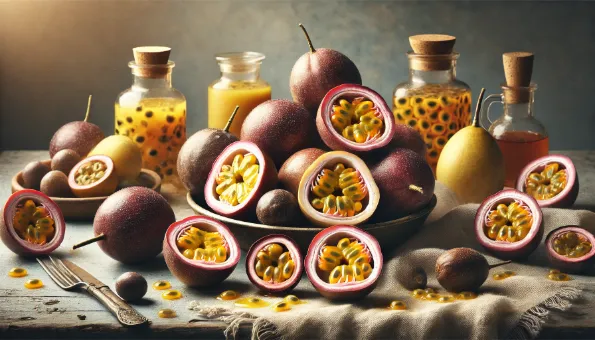
Passion Fruit: Tropical Source of Vitamin C, Fiber, and Antioxidants

Bison Meat: Lean, Nutrient-Dense Red Meat

Bone Broth: Slow-Simmered Collagen-Rich Stock
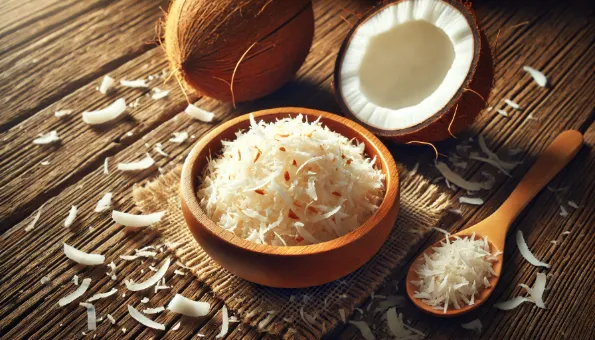
Coconut Flakes: Crunchy, Tropical Topping
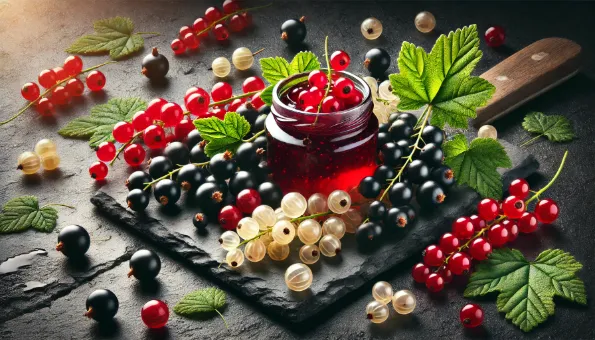
Currants (Black, Red & White): Tart, Juicy Vitamin C Powerhouses

Herbal Tea: Caffeine-Free Infusion for Relaxation & Wellness
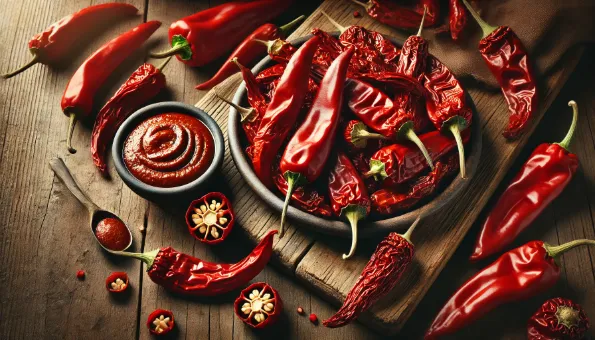
Guajillo Peppers: Fruity, Mild-to-Medium Dried Chilies

Parsnips: Sweet, Nutty Root Vegetable
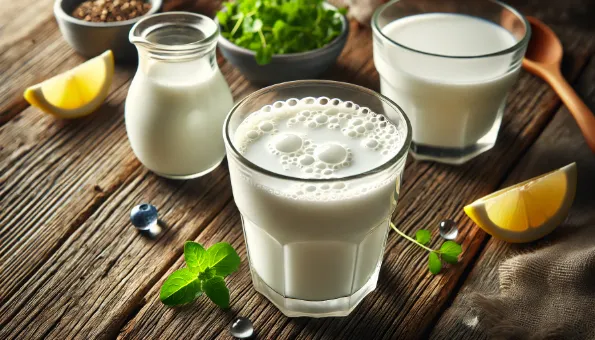
Buttermilk: Tangy, Probiotic-Rich Milk for Baking & Drinking
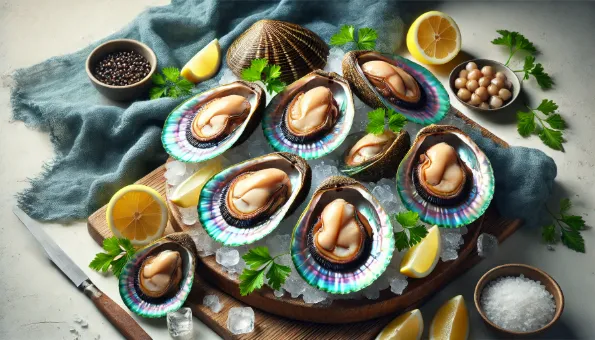
Abalone: Gourmet Sea Snail with Delicate Flavor

